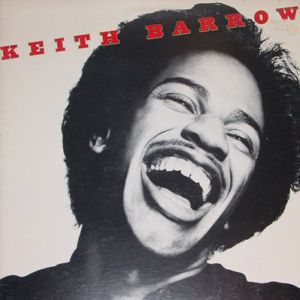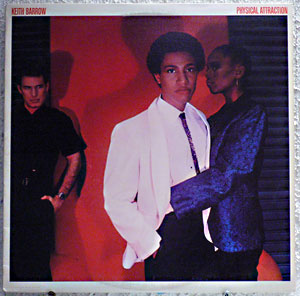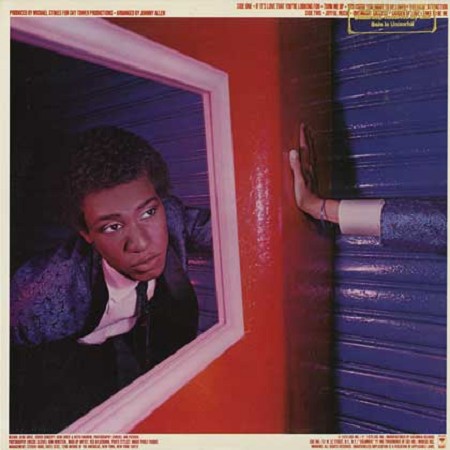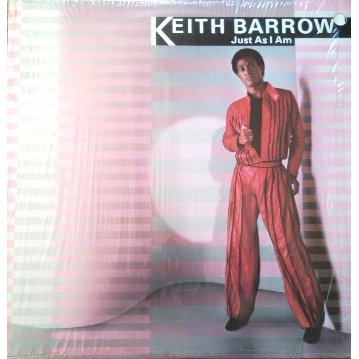Difference between revisions of "Keith Barrow"
m (Protected "Keith Barrow" [edit=sysop:move=sysop]) |
m (Unprotected "Keith Barrow") |
(No difference)
| |
Revision as of 17:02, 5 May 2009
Text by Tristan Cabello. Copyright (©) by Tristan Cabello, 2008. All rights reserved.
Early Career
Keith Barrow is mostly known for his songs "You Know You Wanna Be Loved” and "Turn It Up". A Chicago native, Keith Barrow was the son of Rev. Willie Barrow (Read Interview), an active member of Rev. Jesse Jackson's Push Organization.
In his teens, Barrow was a member of a gospel group called the “Soul Shakers.”
In the summer of 1977, he released his first eponym album, produced by MFSB guitarist/songwriter Bobby Eli]. Only one track, "Mr. Magic Man," was a commercial success.[1]
SONG: Listen to "You Want to be Loved"
"Physical Attraction"
Barrow's career took off in the late 1970s. "You Know You Wanna Be Loved," produced by Michael Stokes, reached to #26 in summer 1978.
The album Physical Attraction featured two disco hits, "Physical Attraction" and "Turn It Up.”
SONG: Listen to "Physical Attraction'
After switching to Capitol Records, Barrow recorded the album “Just As I Am” in 1980.[2]
An Early AIDS Victim
In the summer of 1983, Keith Barrow called his mother from Paris: he was too ill to perform on stage. Upon his return to Chicago, Barrow was admitted to the Michael Reese hospital and was diagnosed with AIDS.
At the age of 29, Keith Barrow died of complications from and AIDS-related illness. African American newspapers, among them the Chicago Defender, never mentioned the cause of his death.[3]



